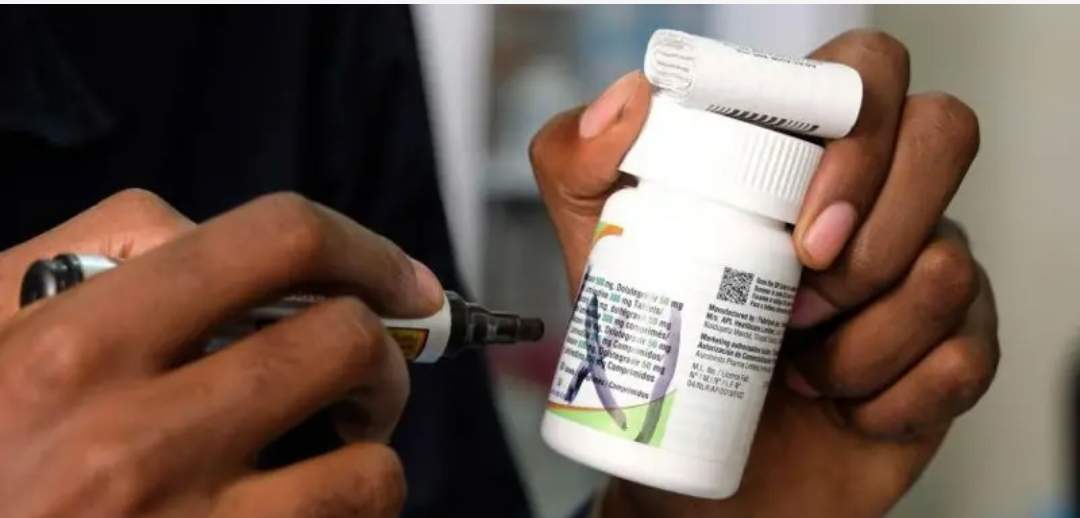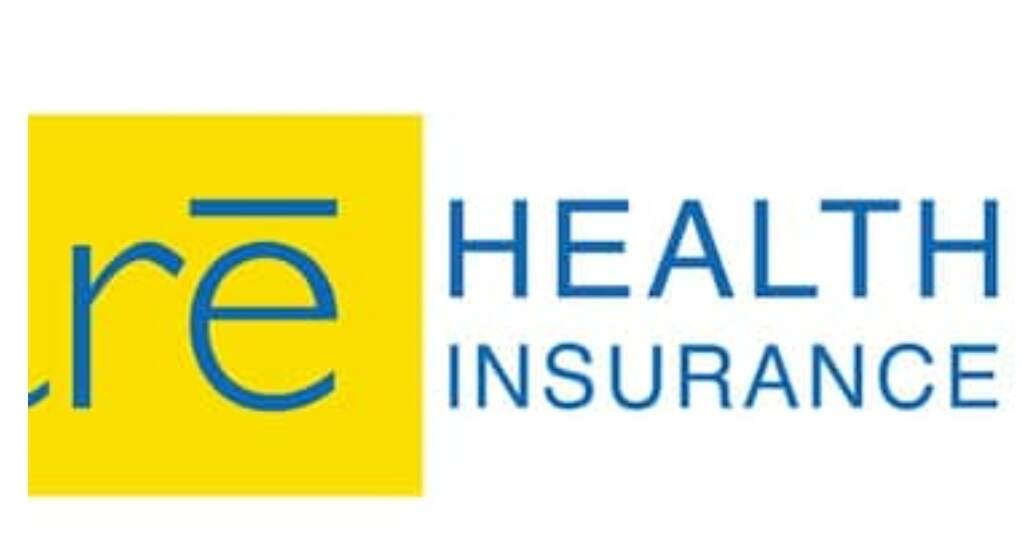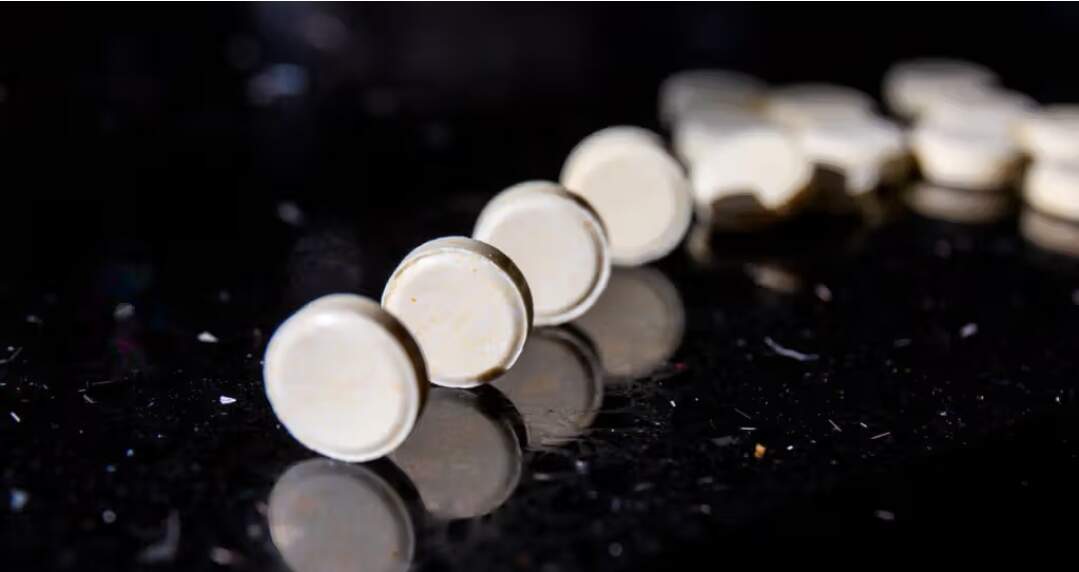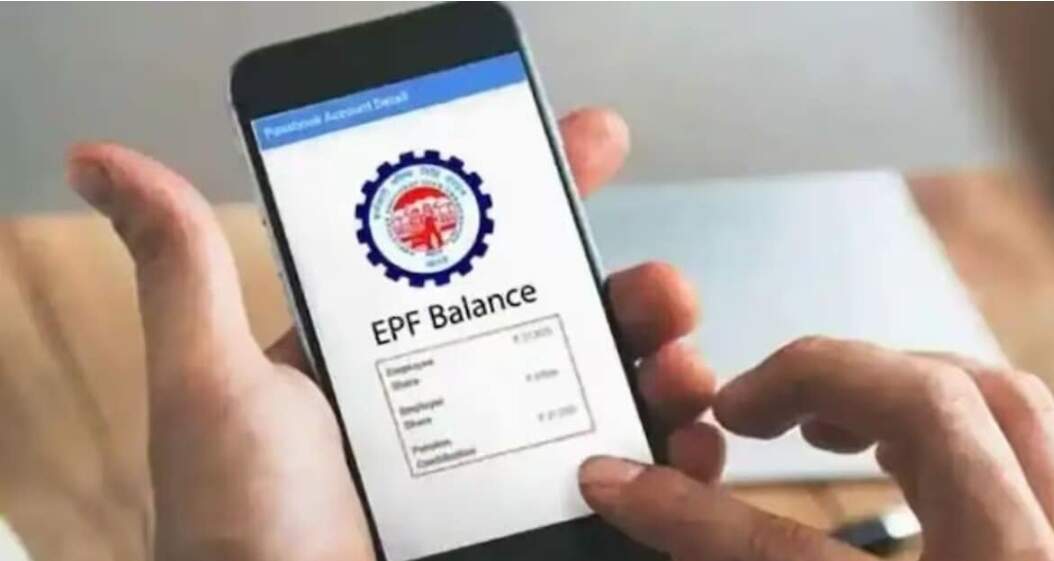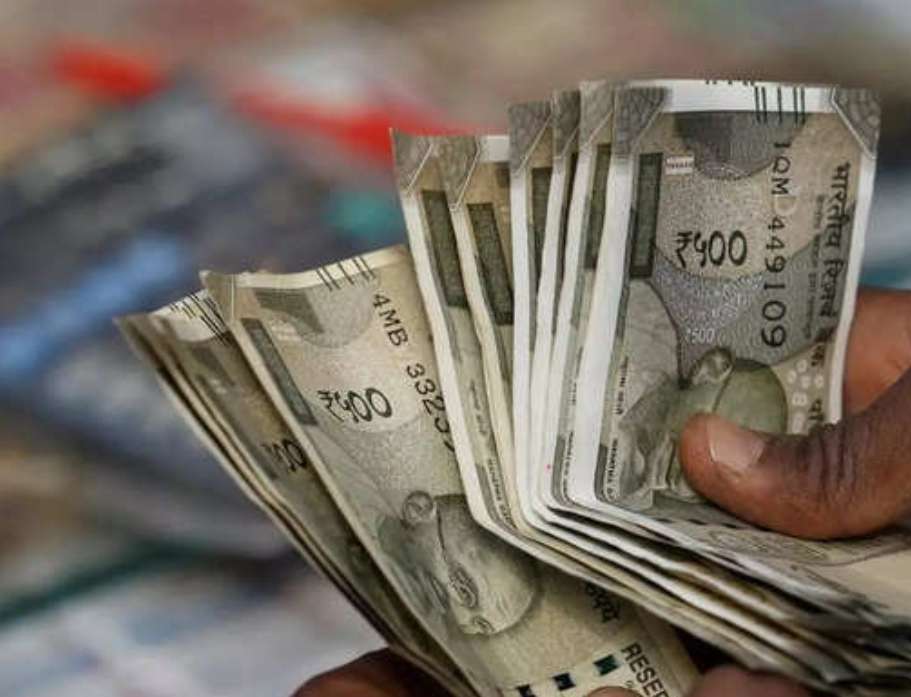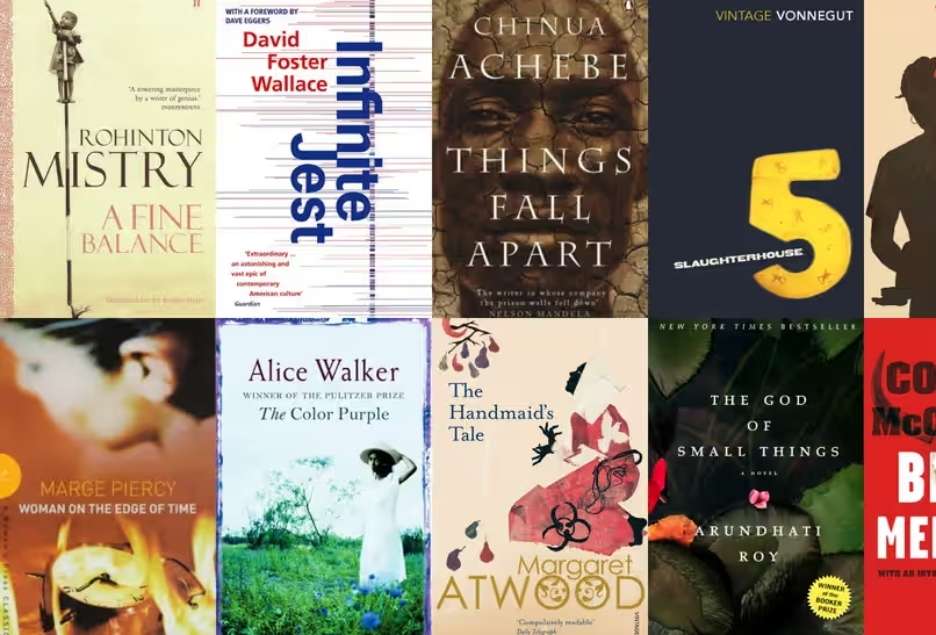The World Well being Group (WHO) has raised alarms over potential shortages of HIV medicines in eight international locations, together with Nigeria and Kenya, following the latest suspension of U.S. international support. This improvement threatens to reverse twenty years of progress in combating the HIV epidemic.
WHO Director-Basic Tedros Adhanom Ghebreyesus highlighted that the affected nations—Haiti, Kenya, Lesotho, South Sudan, Burkina Faso, Mali, Nigeria, and Ukraine—might quickly deplete their shares of life-saving antiretroviral (ARV) medication. He cautioned that this disruption would possibly result in over 10 million new HIV infections and three million HIV-related deaths, a toll surpassing triple the variety of deaths recorded final 12 months.
The suspension of U.S. international support, initiated by the Trump administration as a part of a broader authorities spending evaluation, has considerably impacted international well being initiatives. The freeze has led to the termination of quite a few packages below the U.S. Company for Worldwide Improvement (USAID), severely hindering the supply of important medical provides, together with HIV remedies.
In Kenya, roughly 1.4 million persons are residing with HIV, making it the seventh-highest globally by way of HIV prevalence. The potential scarcity of ARV medication poses a big menace to those people, as steady therapy is essential for managing the virus and stopping transmission.
Equally, Nigeria has been considerably reliant on worldwide donors, significantly the President’s Emergency Plan for AIDS Aid (PEPFAR), which has supplied billions of {dollars} in funding over the previous twenty years. The help suspension has disrupted HIV packages, placing tens of millions of lives in danger.
The WHO has urged america to rethink its determination, emphasizing that international well being assist not solely saves lives worldwide but additionally enhances U.S. security by stopping the worldwide unfold of outbreaks. If the U.S. opts to not restore direct funding, the WHO recommends partaking in dialogue with affected international locations to transition to sustainable options with out life-threatening disruptions.
The group additionally calls on different donors and international locations reliant on U.S. funding to step up their contributions to mitigate the influence of the funding hole. The scenario underscores the crucial want for resilient and self-sustainable well being packages in creating international locations to scale back dependence on international support and guarantee uninterrupted entry to important medical remedies.
